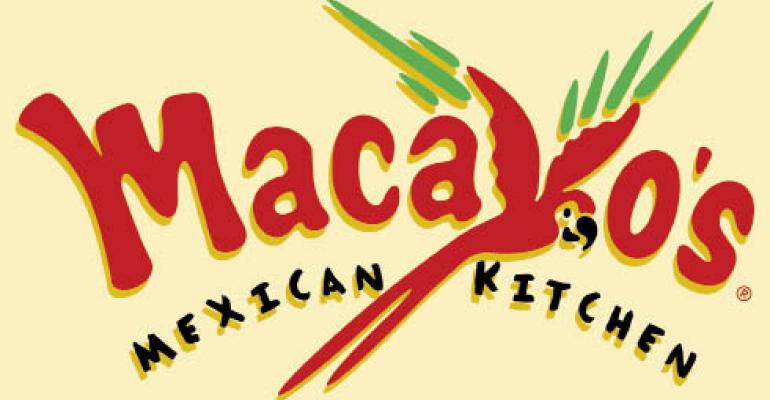Goal: To improve operations, foment growth and keep management flat as the second-generation family business expands.
When Sharisse Johnson became chief executive three years ago of the 18-unit Macayo’s Mexican Kitchen casual-dining chain, she was looking for ways to grow the Phoenix-based company, which is now celebrating its 65th anniversary, without losing its family-owned feel. She was inspired by Jack Stack’s “The Great Game of Business,” a book that encourages focusing every employee on ways to make an enterprise successful. She was also influenced by Ann Arbor, Mich.-based Zingerman’s Deli, which offers several business seminars, including one on open-book finance.
Solution: Get every single employee involved with planning and running the business. In other words, train everyone about the profit-and-loss statement, and give each employee ownership of the sales plan.
Twenty years ago the managers didn’t even have a P&L, Johnson explained. Now they do a P&L every week in every store and involve every employee. The practice automatically helped the managers because they were teaching the team, and it helped the team to see where the money comes from and where it goes, Johnson said. Once a week the team goes over the numbers. Each line bears the name of an hourly worker who is charged with reporting on those costs.
“The first year was about cost savings, and last year was about stretch goals,” Johnson said.
The benefits have been numerous, Johnson said. For example, employees are more engaged; Macayo’s veterans have been re-inspired, and younger hires are learning financial literacy.
Employees also have taken it upon themselves to initiate programs that cut costs and boost sales. For instance, when they realized the amount of money being spent on replacing silverware or the small plastic bowls used for salsa that had accidentally been thrown in the trash, they began tracking both and figured out ways to reduce such accidental disposals.
And in forecasting sales for the week ahead, everyone brainstorms on ways to meet goals, Johnson said. For example, the servers came up with a list of five items to upsell that not only had good margins, but that they really liked and knew would make the customers happy. Managers have become more proactive in reaching out to the community and working with schools, sports teams and chambers of commerce as they seek to reach their goals.
The forecasting also has led to smarter scheduling now that employees understand labor costs, as well as smarter ordering now that they understand food costs, Johnson said.
“We used to deliver food in 5-pound containers, and now it’s delivered in 2-pound containers,” she said.
In all, the practice helped Macayo’s weather the recession by tapping everyone’s creativity, Johnson said, noting that no units closed and no employees were laid off during the downturn. It also has employees looking forward and acting proactively instead of merely looking back at results.
“Before, [employees] were motivated but they didn’t take ownership,” Johnson said. “Now they are really seeing ... [that they’re] able to affect the organization.”





